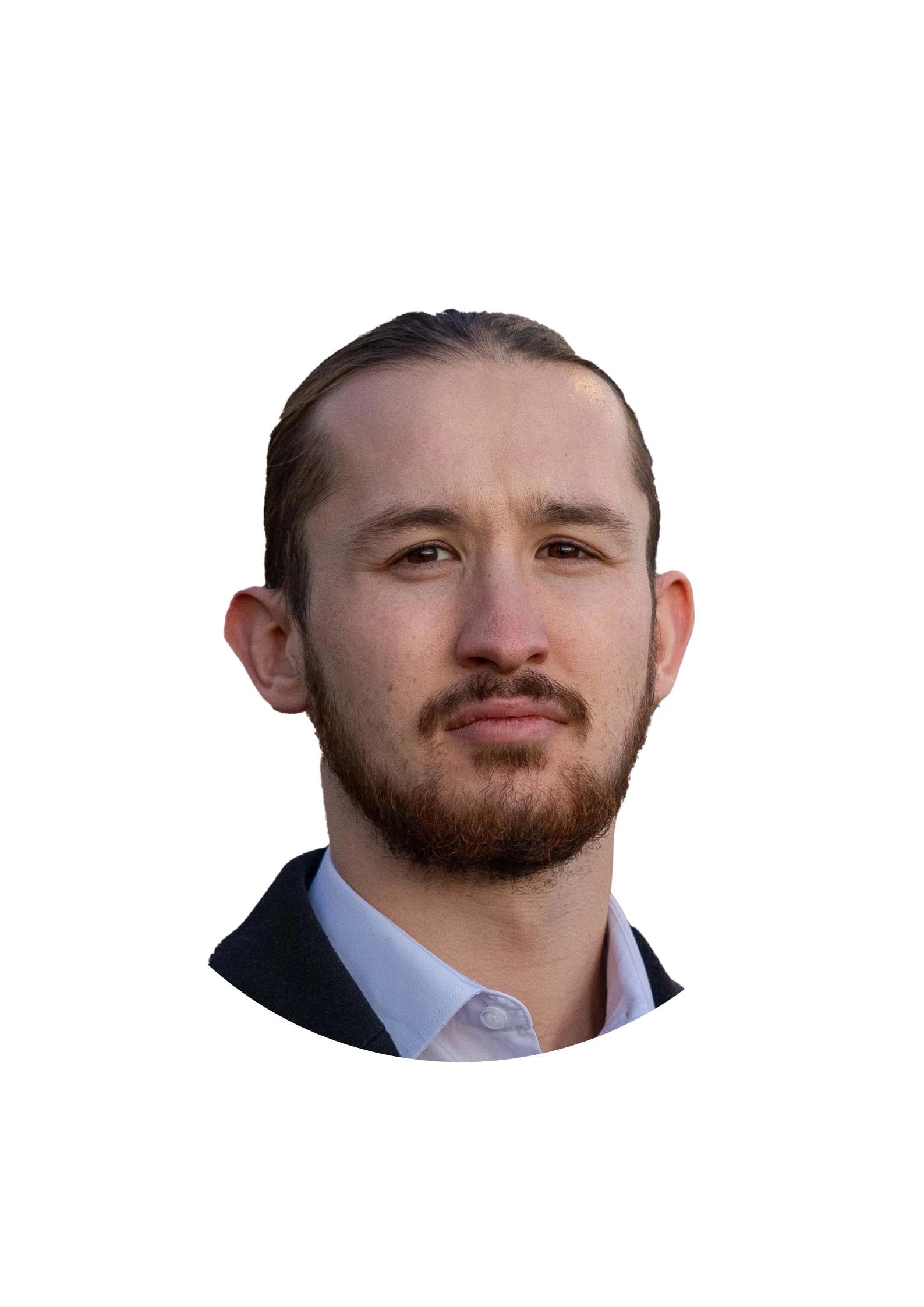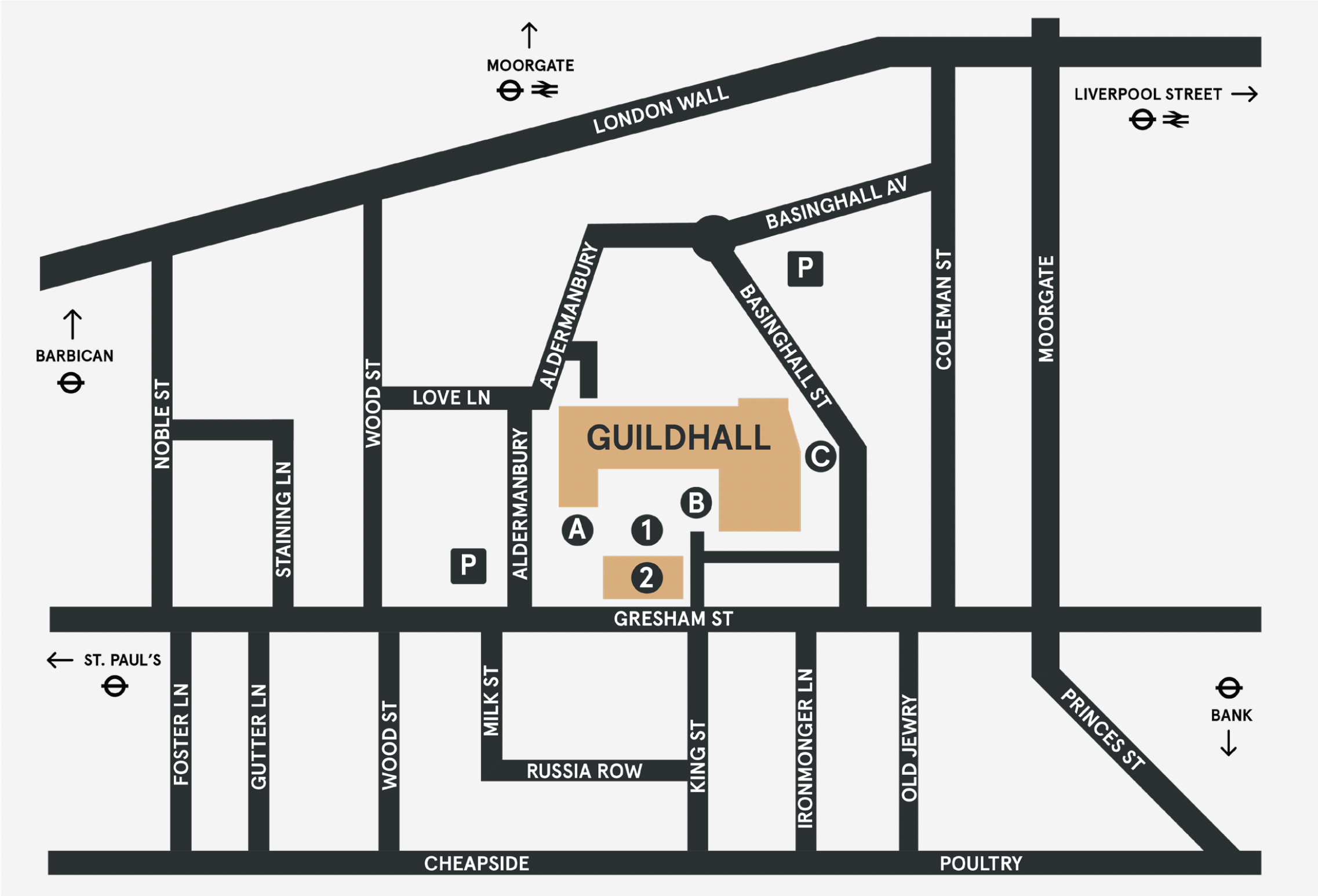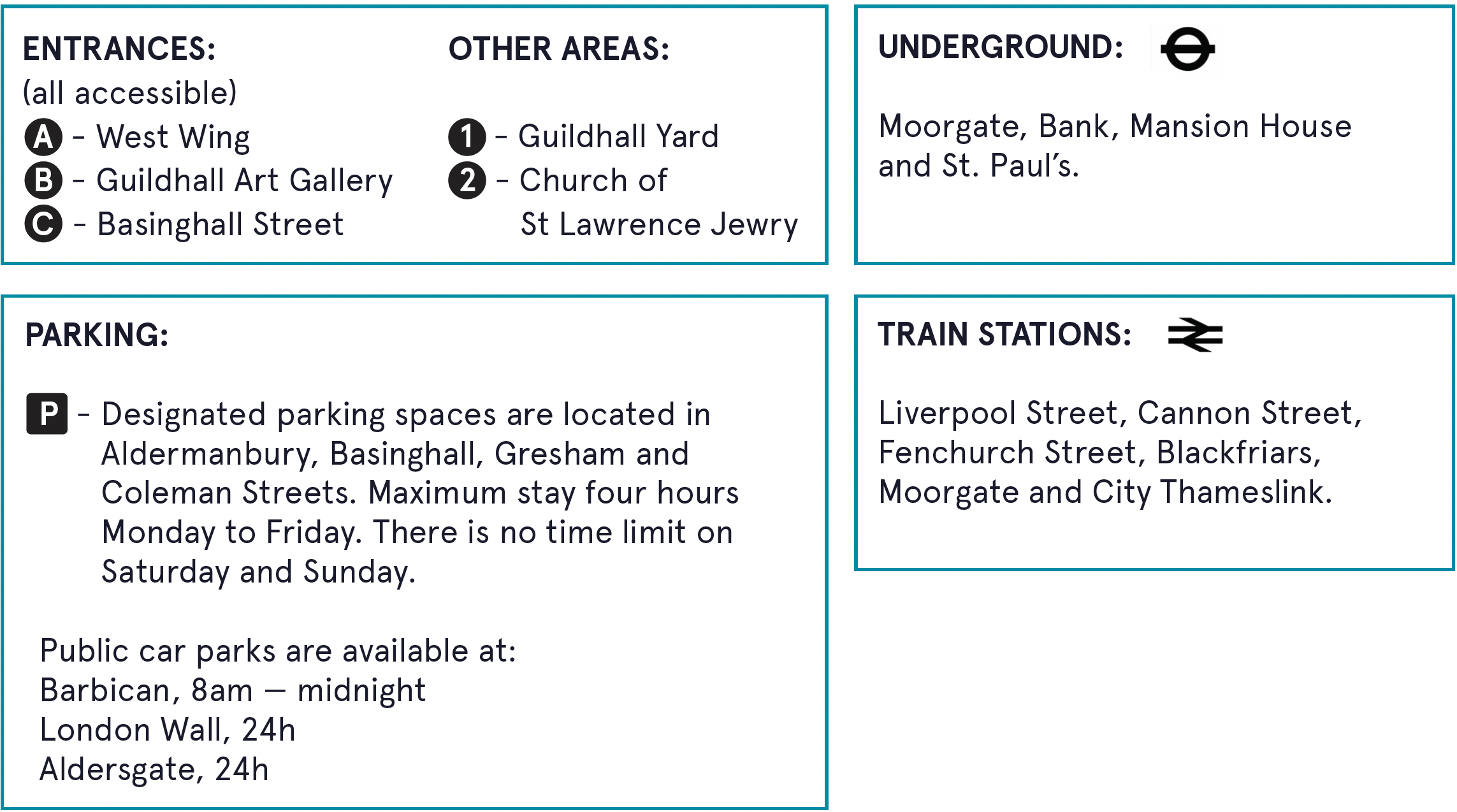

.png?width=1000&height=375&name=1-the-telegraph-logo-1000%20(1).png)

Foreword from Lord Spencer of Alresford
Chairman, Centre for Policy Studies
In business, as in politics, you succeed by looking to the future, not to the past. But the past is always important to remember.
This year, we mark the 100th anniversary of Margaret Thatcher’s birth, and the 50th of her becoming leader of the Conservative Party – as the champion of a new wave of free-market thinking, incubated at the think tank, the Centre for Policy Studies, that she and Keith Joseph had founded the previous year. It is also the 50th anniversary of her first one-on-one meeting with Ronald Reagan, the
beginning of a personal and political relationship that would shape not just Britain and America, but the world.
The resonances, today, are inescapable. A Tory party struggling to rebuild itself after defeat, not just electorally but intellectually – under a new, female leader. Unlike then, however, there is a rival party claiming Thatcher’s mantle, part of a trend in country after country for new voices and new ideas, and an impatience with the established status quo.
There could therefore not be a more appropriate theme for this Margaret Thatcher Conference than ‘Remaking Conservatism’ – to discuss the state of the conservative movement in the UK and beyond, and ask, as Thatcher so famously and effectively did: what comes next?
Foreword from Robert Colvile
Director, Centre for Policy Studies
When the election results came through in July 2024, it changed an awful lot of things overnight. One of them, I assumed, would be the Margaret Thatcher Conference. Would there really be enough interest in the state, and fate, of conservatism – whether with a large or small ‘c’? Should we cancel the Guildhall, and book somewhere more appropriately sized – the back room of a pub, perhaps?
And then something strange happened. People wanted to come. People wanted to speak. Indeed, before we had released the name of a single speaker, we had breezed past our targets for ticket sales, including selling out our entire tranche of premium seating. It turned out that the nature, state and future of conservatism is a topic of intense interest, to a great many people. Not least because, given the state of the economy – and the state of the state – there is likely to be an enormous repair job looming.
Today, therefore, we want to ask where Britain is, and where it needs to go. What are the challenges the new right will have to face, and what can its members learn from their cousins overseas? How should we respond, in particular, to events in America?
Thank you so much for joining us for these vital discussions. Perhaps we can take up that space in the pub for the after-party.
12:40-13:40
Panel 1: Perceptions of conservatism
14:00-15:00
Panel 2: The global centre-right: learning from what works
16:35-17:35
Panel 3: The Policy Challenge
Arriving at the venue
The event will take place from 12.00 to 18.00 on Monday March 17 at The Guildhall.
Doors will open at 12:00 and the first welcome remarks will be at 12:30. You will be required to pass through a bag check on arrival so please allow time for this.
All guests should enter via the Art Gallery entrance, marked as Entrance B on the map below.
Guildhall Art Gallery
Guildhall
Gresham Street
London
EC2V 7HH

.png?width=1000&height=375&name=1-the-telegraph-logo-1000%20(1).png)









.png)
.png)

.png)









